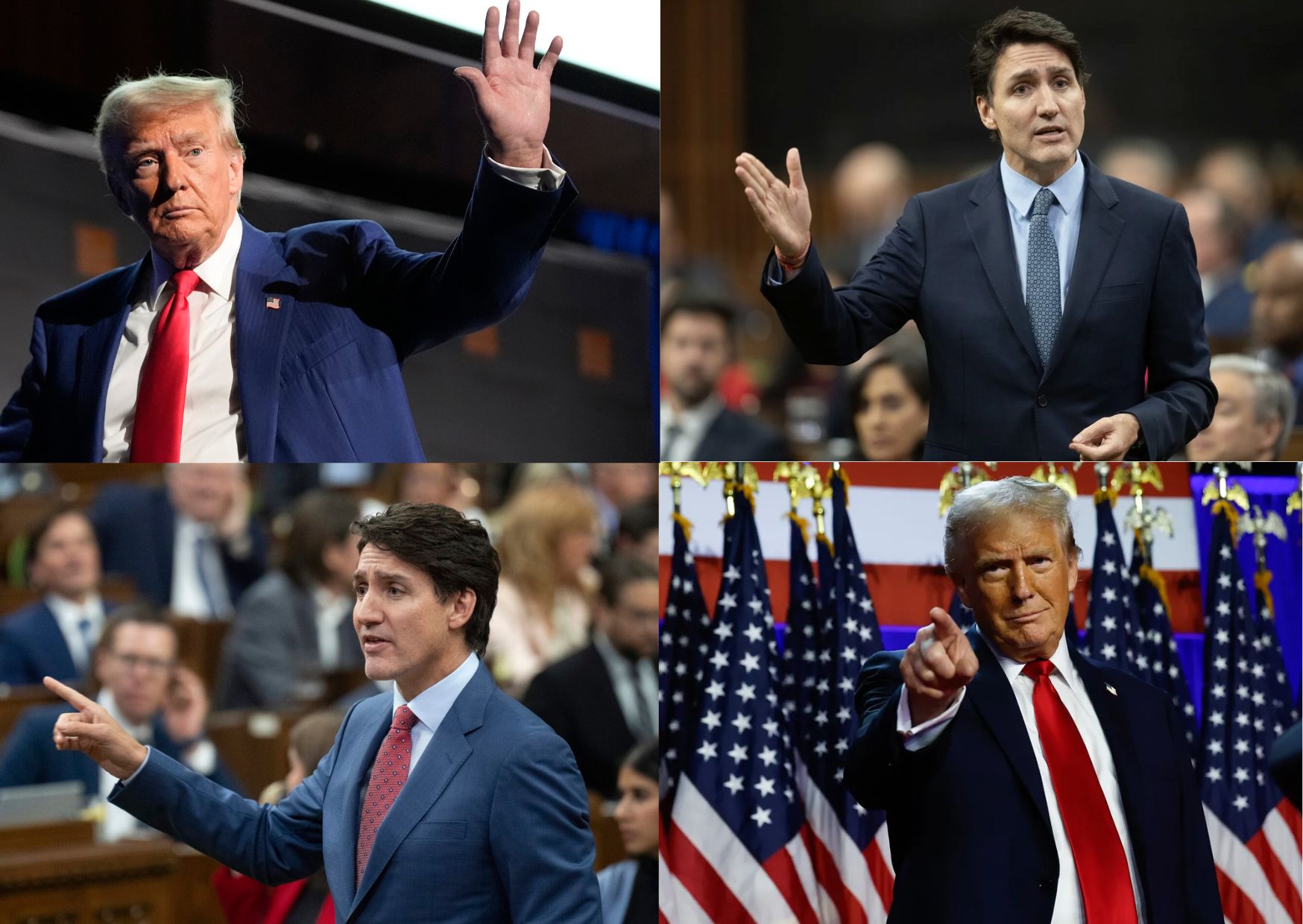After the Democratic Party’s electoral loss in the United States, Prime Minister Justin Trudeau should consider widespread concerns questioning his leadership before it is too late for the Liberal Party to have a fair running in the upcoming election.
On Nov. 5, Donald Trump was elected to serve another term as President of the United States. Since then, the Republican Party has won both the Senate and House majority, with Republican candidates leading in the polls overall.
Despite the several electoral wins for the Republican Party, there was not a clear lead between either major party during their campaigns, which is found in the several polls over the last few months where Democratic candidate Kamala Harris and Trump were showing equal levels of support from voters.
However, with President and former Democratic candidate Joe Biden dropping out of the electoral race too late to give Harris — or any other possible Democratic candidates — enough time to assert herself as a promising presidential candidate, the Democratic Party faced a less fair chance in obtaining electoral success.
Biden’s reluctance to drop out displayed an ignorance to the concerns of his supporters calling for a different candidate. Further, Biden unconsciously implied that he had a lack of confidence in any other Democratic candidate that was willing to run for president by maintaining his leadership.
After Biden eventually caved to the pressure of his colleagues and supporters with roughly three months until the presidential election, there was not enough time to restart the Democratic Primary process. This led to Biden’s endorsement of his Vice President, giving her three months to assert herself as a viable candidate, which was ultimately not enough time.
In Canadian politics, Trudeau is mirroring Biden’s reluctance to step down from leadership in his party.
In the past few months, many voters and members of Parliament have called on Trudeau to step down from leadership of the Liberal Party in advance of next October’s federal election.
The demands for Trudeau’s resignation have started to come from within his own party, with several MPs expressing concerns about the party’s capacity for success with Trudeau leading them into the next election.
Trudeau has profusely rejected the possibility of stepping down. He says that he will reflect on the concerns of his constituents but ultimately plans to run for another term in office.
Trudeau’s reluctance to step down after nine years and countless concerns voiced by both supporters and those around him imply the same ignorance Biden presented when he continued to ignore demands for him to allow a new candidate to take over leadership of the party.
Though the Canadian electoral system functions differently than the United States’, there are clear similarities — and equal risks — in the decisions of Trudeau and Biden.
Canada’s federal election is set to take place in just under a year. Each declaration from Trudeau that he will stay as leader of the Liberal Party despite continued backlash will heavily influence his capacity for success in the next election.
Furthermore, time is running out for a new Liberal candidate to make a big enough impact on voters to see overwhelming success in the next election.
If the Liberals want to see another term in office, the Prime Minister cannot make the same mistakes as Biden in the next election. To profusely deny the concerns of your supporters then endorse a new candidate right before the election is evidently troubling to the electorate.
Trudeau is not only painting himself as ignorant to the concerns of his colleagues, but also as inattentive to voters. Regardless of Trudeau’s intent to consider the current dissatisfaction with his leadership, voters ultimately want to see change.
After nine years, it is time for Trudeau to hand over his leadership to a new candidate. If Trudeau continues to force his leadership onto voters, the Liberals will not have a fair chance in the 2025 election and will likely see the same electoral results as the Democratic Party.

